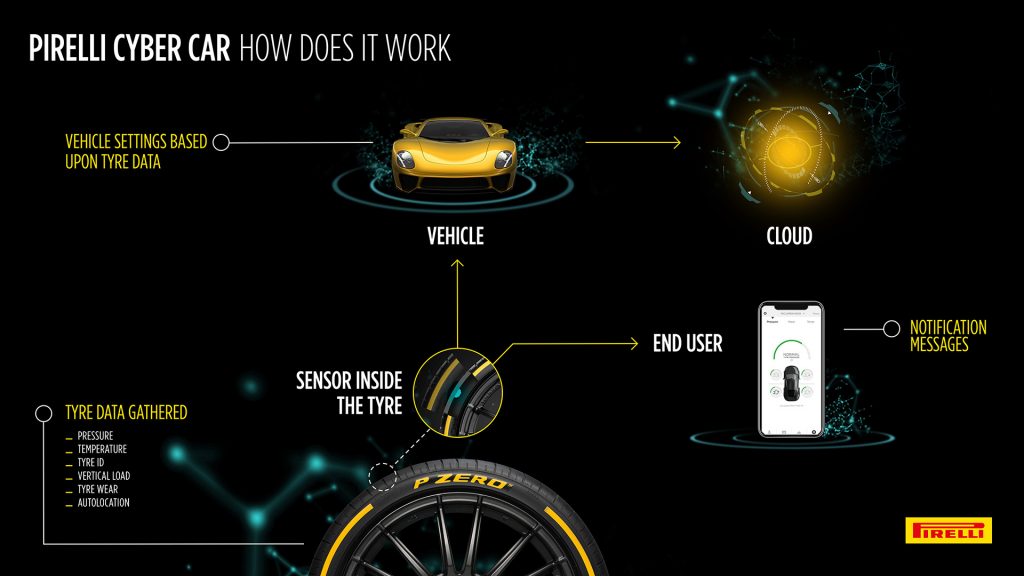Labor Day Weekend and Insurance — Smart Tires to the Rescue
Labor Day Weekend is typically one of the most traveled in the US. AAA estimates that more than 35M Americans will travel more than 50 miles from home over the weekend. INRIX, a mobility analytics company, predicts driving times across the US will take 10% longer than usual. And in major metro areas, that time could spike 85% to 115%.
These increased trips will no doubt lead to an increase in roadside assistance calls for tire related problems as well as general car troubles. There are several Insurtechs that are working to improve the roadside customer experience (e.g. Honk, Urgent.ly)
Another, perhaps more important development is taking place with tire manufacturers . They are working towards developing “Smart Tires.” Many new cars already have tire pressure monitoring devices, but these new tires will be on steroids compared to the current devices.
For example, Italian tire manufacturer Pirelli developed its Cyber Car system, which features tire sensors that can track the health of the tire and transmit data to an electronic control unit inside the car. Information about pressure, internal temperature, and tread depth is then able to inform the car’s onboard computers helping it to adjust the anti-lock braking system and stability control to suit the tire conditions.

Startups are also generating interest from VCs. Revvo developed a smart sensor for vehicle tires and has raised raised $4m in a Series A round..
So what does this mean for the Insurance Carrier?
The Bulls:
Insurance carriers will benefit because these tires will proactively inform the driver of maintenance needs and unsafe conditions. In Pirelli’s case, the tires could also be tied into the automatic braking systems ensuring safer operation. In addition, with self-sealing tires, blowouts will become a thing of the past. Both developments should reduce risk and liability exposure.
The Bears:
Like all other smart devices, these tires could expose the car owner and tire manufactures to cyber security breaches. These tires will produce vast amounts of data that will be stored and analyzed somewhere. The tires could malfunction and not provide the designed safety features, or worse, they could have major fault rates. All these possibilities could increase an insurance carrier’s exposure to risk and liability.
The Path Forward:
Insurance carriers need to ensure they track and understand developments across all parts of their insured risk value chain. It is no longer enough to just track at the macro level — e.g. “self-driving” cars, but even the components that go into cars could dramatically change the amount of and type of risk exposures. By developing an approach to capture and evaluate changes to underlying insurable risks, the Carrier will ensure that they are both proactive in their product features, pricing, and offerings as well mitigate potential unexpected risk exposures.
About Insurtech Advisors:
Insurtech Advisors is dedicated to helping regional insurance carriers plan for the future today. We help the Carrier identify and partner with Insurtechs. This enables the Carrier to thrive and continue to meet the needs of their members, employees, and independent agents.

